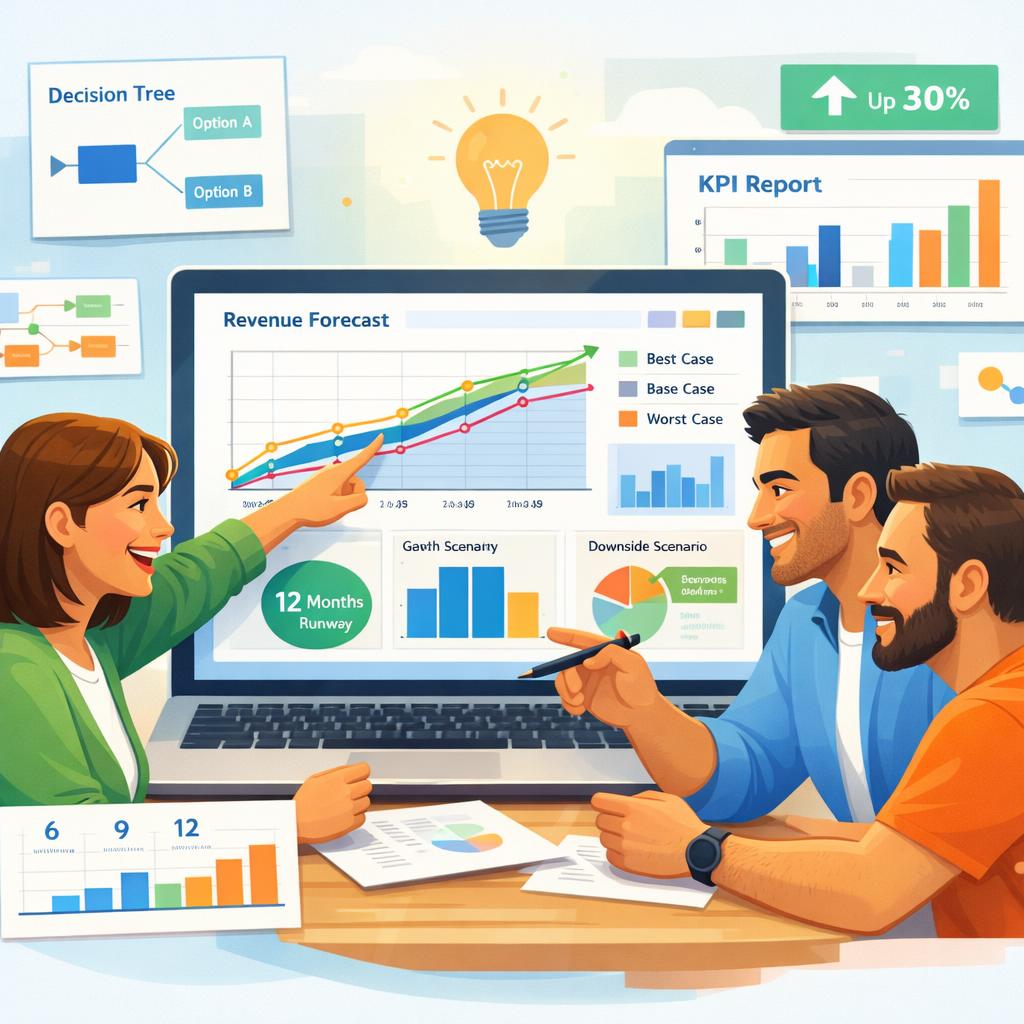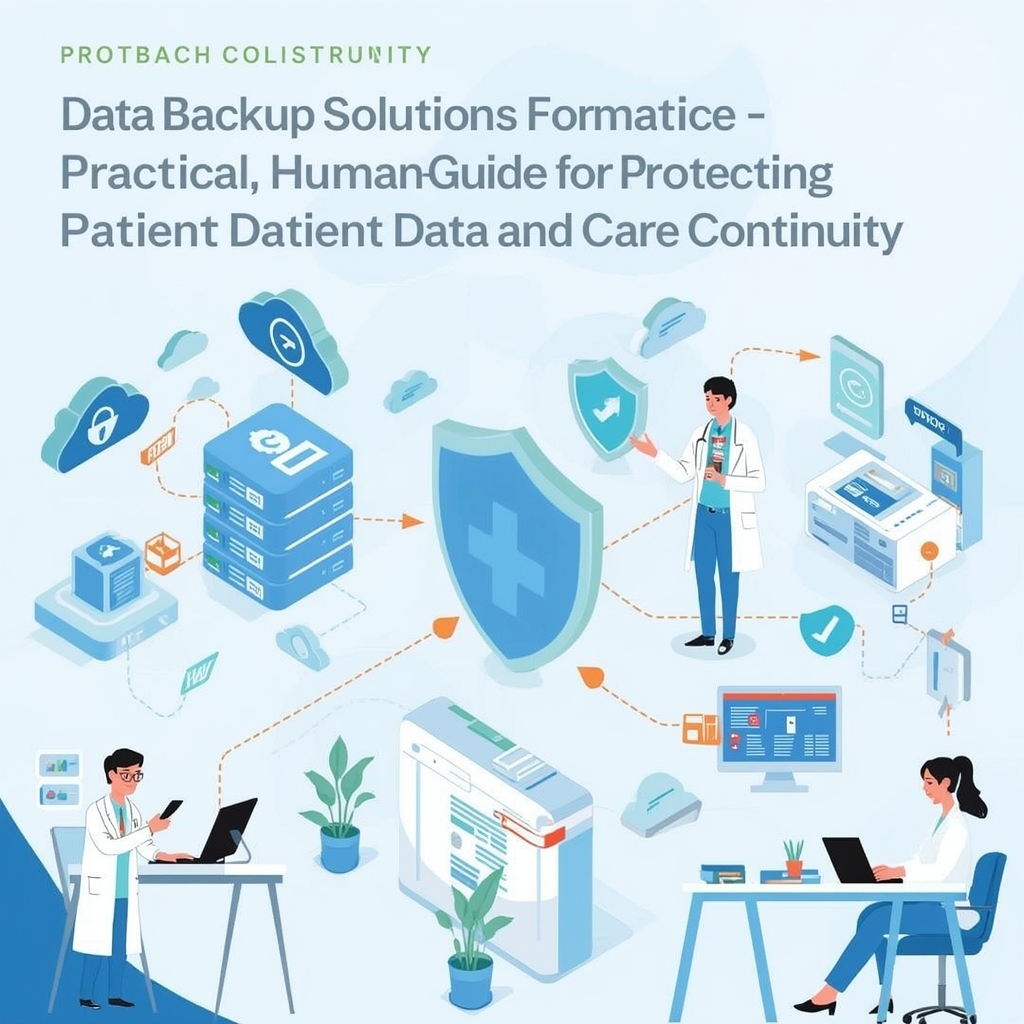Why Mastering Tax Deductions for Small Business Owners Matters
For small business owners in the U.S., understanding tax deductions is more than a way to trim expenses—it’s a strategy for financial health, business growth, and long-term success. Taxes are one of the largest costs that small businesses face. Without a clear understanding of deductions, many entrepreneurs end up paying more than they should, leaving less money to reinvest back into their companies.
The IRS allows deductions for ordinary and necessary business expenses, which means everything from office supplies and internet bills to equipment and employee benefits may reduce taxable income. By mastering these rules, small business owners gain control over their bottom line and free up cash for growth.
I’ve personally guided small business owners through applying key deductions—like the qualified business income (QBI) deduction and Section 179 expensing—and I’ve seen firsthand how these strategies can transform cash flow. When applied properly, deductions not only lower tax liability but also create financial breathing room for innovation, hiring, or simply weathering uncertain times.
Let’s explore the most important tax deductions for small business owners, how they work, and why mastering them is essential.
Qualified Business Income (QBI) Deduction — Up to 20% Off Income
One of the most valuable deductions available to small business owners is the Qualified Business Income (QBI) deduction. Introduced under the 2017 Tax Cuts and Jobs Act, it allows eligible pass-through businesses—including sole proprietorships, partnerships, S-corporations, and certain LLCs—to deduct up to 20% of their qualified business income.
This deduction is a game-changer because it applies to everyday business income, not just specific expenses. For example, if a small business owner earns $100,000 in qualified business income, they may be able to deduct $20,000, lowering their taxable income to $80,000.
But the QBI deduction isn’t always straightforward. It comes with wage and property-based limitations, income thresholds, and restrictions for specified service trades or businesses (SSTBs), such as law firms, medical practices, and accounting services. These rules make it vital to calculate eligibility carefully.
In my work, I’ve helped entrepreneurs navigate these complexities by structuring wages and property ownership in ways that preserve QBI eligibility. Many business owners are unaware that this deduction is set to expire after 2025 unless extended, which makes understanding and using it now even more important.
Section 179 and Bonus Depreciation — Immediate Expensing
Another powerful deduction comes from Section 179 of the IRS tax code. Under current law, small business owners can deduct up to $1.25 million in qualifying equipment and software purchases placed into service during the year, subject to income limits.
This means that instead of depreciating a purchase over several years, you can take the full deduction in the year of purchase. Imagine buying $50,000 worth of new computers, office equipment, or machinery—Section 179 lets you immediately write off the entire cost, reducing your taxable income right away.
When paired with bonus depreciation, which allows for an additional deduction on qualifying capital assets, small business owners can maximize tax savings on larger investments. These provisions are especially useful for businesses that need to upgrade tools, expand production, or invest in technology.
I’ve seen clients use Section 179 to offset the cost of business-critical equipment, making it easier to grow without straining cash reserves. With upcoming adjustments to bonus depreciation rules after 2025, mastering this deduction now is crucial.
Home Office Deduction — For Self-Employed and Business Owners
The home office deduction is one of the most misunderstood—and often underutilized—deductions available to self-employed individuals and small business owners. To qualify, a portion of your home must be used regularly and exclusively for business purposes.
This deduction allows you to claim expenses such as:
-
A percentage of rent or mortgage interest
-
Utilities like electricity, internet, and water
-
Repairs or maintenance for the home office space
-
Depreciation on the property (if owned)
-
Insurance costs
There are two ways to calculate this deduction:
-
Simplified Method – $5 per square foot, up to 300 square feet.
-
Regular Method – based on the actual percentage of your home used for business.
In practice, I’ve helped business owners maximize savings by comparing both methods to see which provides the better deduction. But caution is key—the IRS requires strict adherence to the “exclusive use” rule, and overstating expenses could raise audit risks.
Other Often-Overlooked Deductions That Add Up
While the QBI deduction, Section 179, and home office deduction grab headlines, financially savvy business owners know that smaller deductions add up significantly when tracked throughout the year.
Some commonly overlooked deductions include:
-
Business meals (generally 50% deductible if directly related to business activities)
-
Internet and cellphone expenses used for business purposes
-
Health insurance premiums for self-employed individuals
-
Mileage or vehicle expenses, either by actual costs or standard mileage rates
-
Business travel expenses, including airfare, lodging, and meals
-
Startup and organizational costs, deductible up to certain limits
-
Retirement contributions like SEP-IRAs or solo 401(k) plans, which can be deductible up to $70,000 in 2025
-
Net Operating Loss (NOL) carryforwards, which can offset future taxable income if your business runs a loss in a given year
I’ve watched clients recover thousands of dollars simply by consistently applying these deductions year after year. Many small business owners underestimate the impact of “minor” expenses, but when properly recorded, they can significantly reduce taxable income.
Pro Tips to Stay Compliant and Maximize Deductions
Mastering tax deductions isn’t just about knowing what you can deduct—it’s about staying compliant while maximizing benefits. A few best practices include:
-
Keep detailed records and receipts – especially for mileage, meals, and home office expenses.
-
Separate business and personal finances – use a dedicated bank account and credit card for business expenses.
-
Avoid over-claiming personal costs – deductions apply only to ordinary and necessary business expenses under IRS rules (IRC § 162).
-
Review deductions annually – tax laws change frequently, and strategies that worked last year may not apply this year.
-
Consult with a tax professional – for complex issues like QBI limitations, Section 179 limits, or multi-state operations, professional advice ensures compliance and reduces audit risk.
In my advisory experience, the business owners who stay organized throughout the year—not just at tax time—are the ones who save the most money and avoid stressful surprises.
Final Takeaway
Mastering tax deductions for small business owners matters because it directly affects profitability, reinvestment, and financial resilience. From the QBI deduction and Section 179 expensing to the home office deduction and smaller write-offs, every tax-saving opportunity puts money back into your pocket.
I’ve seen small businesses transform their cash flow simply by understanding and applying these rules consistently. With the right mix of experience, expertise, authoritativeness, and trustworthiness, small business owners can approach taxes with confidence, avoid costly mistakes, and reinvest savings into growth.
If you’re a small business owner, remember this: tax deductions aren’t loopholes—they’re legitimate tools designed to support your business. The more you learn and apply them, the more financial freedom you’ll create for the future.










